SPEECH & LANGUAGE DEVELOPMENT FOR CHILDREN IN SINGAPORE

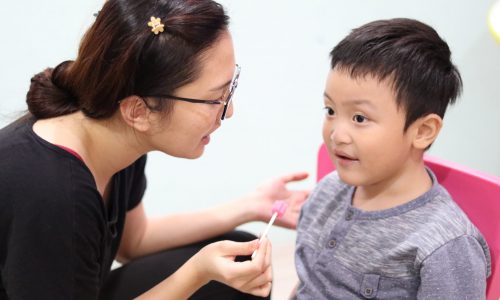
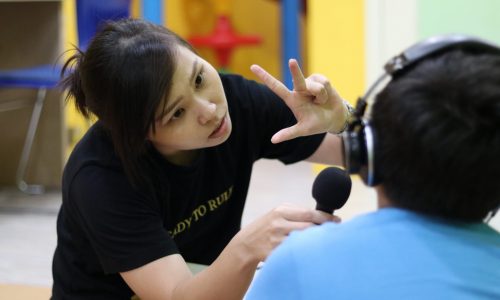
Speech and Language Development
Speech and language skills are crucial for communication, expressing emotions, exchanging information, understanding ideas, and developing thoughts. Speaking and listening are the primary skills required to master speech and language.
The development of speech and language forms a vital foundation for a child’s thinking abilities and learning potential. It contributes to social and self-confidence, which promotes personal growth and overall development. Seeking speech development training and therapy in Singapore can benefit children who exhibit poor speaking or listening skills, as these impairments can lead to comprehension difficulties, reading challenges, and learning disabilities.
Early intervention in Singapore and Speech training for kids focuses on managing and treating various conditions that affect communication abilities. At Singapore Brain Development Centre, we offer an effective speech and language development program for children using Play techniques and Auditory training. Our program aims to enhance speech and language skills, promote engagement, and facilitate two-way communication. If your child demonstrates signs of speech and language weaknesses, we are here to help!
Play Techniques

SCHEDULE A COMPLIMENTARY CONSULTATION

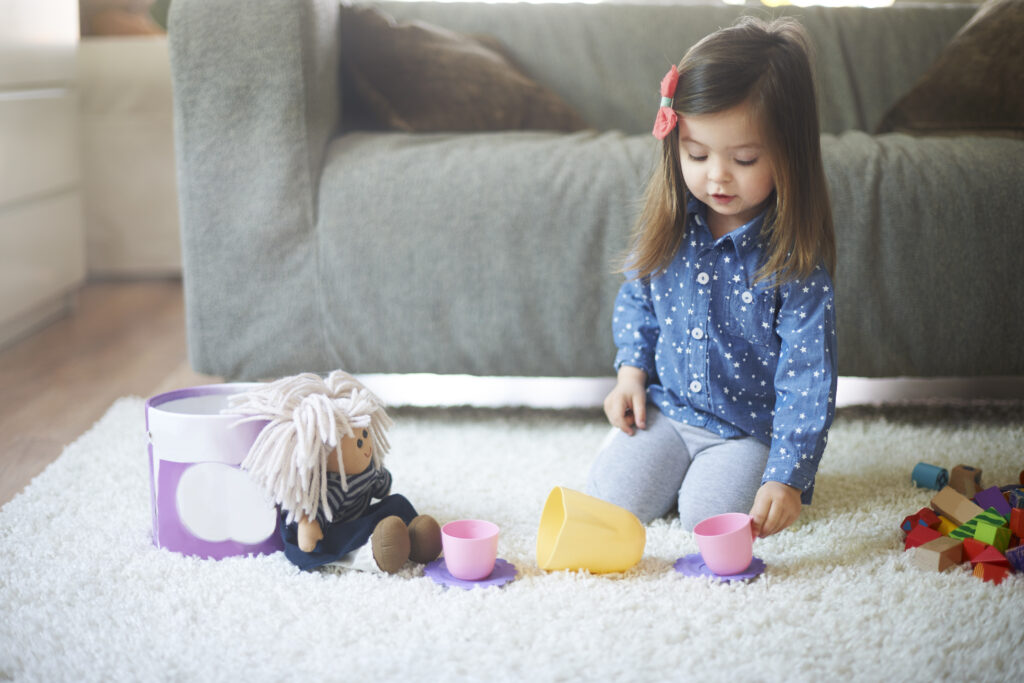
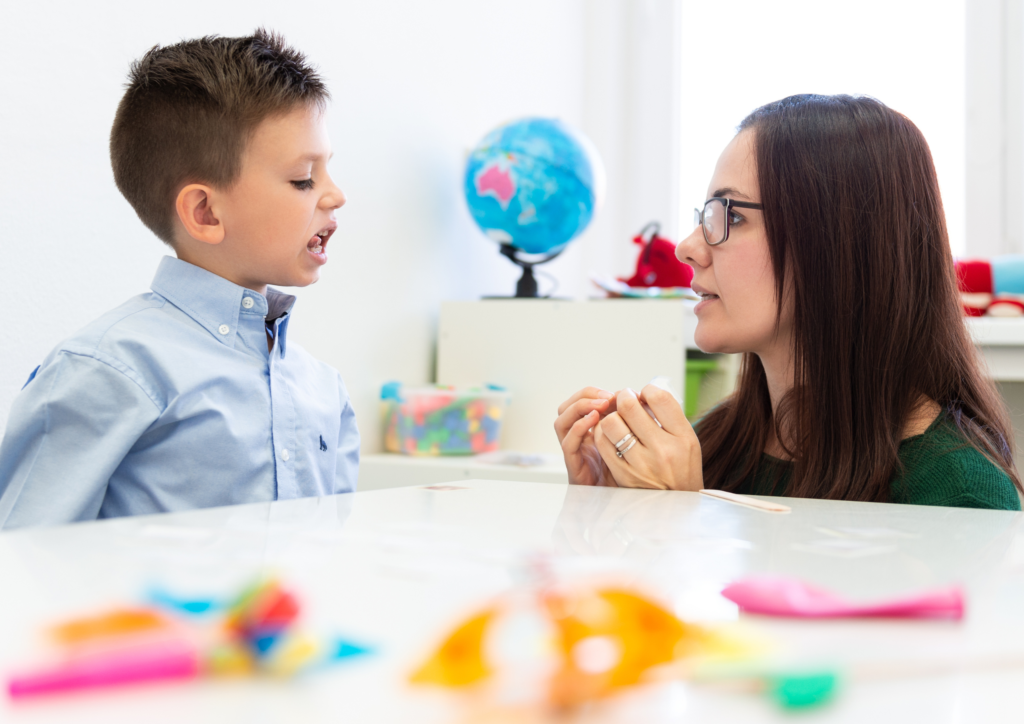
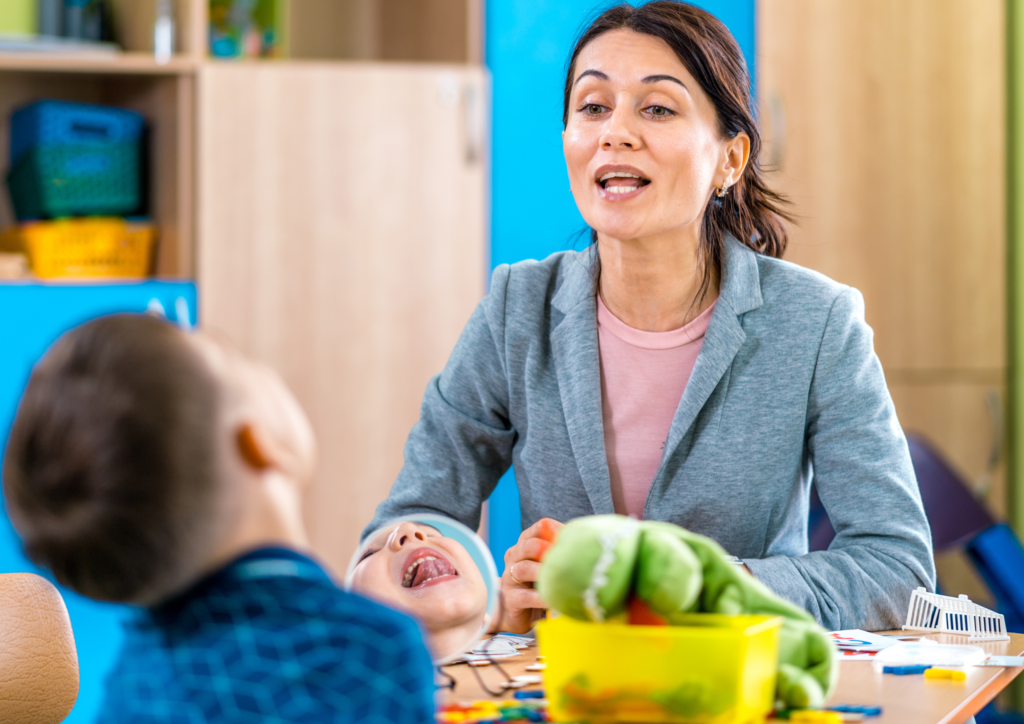
- exploratory play
Exploratory play in the Sensory Gym offers numerous benefits for children, such as engaging their senses, developing prepositions and verbs, promoting initiation, coordination, and movement sequencing. At our facility, we provide support by offering continuous verbal commentary, emphasising key words like verbs and emotions, such as happy and sad.
This facilitates growth in these developmental language areas: Physical and Sensory development, Self-Discovery, Attention and Regulation, Spatial Awareness.
- Constructive play
Constructive play serves as a valuable platform for language development through meaningful interactions with children. We provide support by engaging in open-ended questions and expanding their language skills through the addition of extra vocabulary to their descriptions. By doing so, children gain a deeper understanding of how to utilise language appropriately in various contexts..
This facilitates growth in these developmental language areas: Speech and Language Development, Imagination and Creativity, Hand-on Exploration and Curiosity.
- Symbolic play
Using objects, pictures, and gestures to represent daily life events forms the foundation for children to develop their ability to recognise and utilise symbols such as spoken words, pictures, and written words. By engaging in symbolic play, children learn to represent their thoughts and ideas, laying the groundwork for effective communication and cognitive development.
This facilitates growth in these developmental language areas: Communication development, Imaginative thinking and exploration, Abstract thinking and problem solving, and Social-Emotional skills.
- Role play
Children greatly benefit from engaging in imaginative play, such as pretending to be a teacher, doctor, or shopkeeper, as it allows them to act out their experiences and acquire essential skills for language development. Through this form of play, children have the opportunity to develop and practice various speech and language skills.
This facilitates growth in these developmental language areas: Conversational skills, Creativity, Life skills, Vocabulary Expansion, Expressive Language, and understanding of social roles.
Auditory Training

For some students, challenges may arise in receiving and processing auditory information or associating sounds with their meanings. Auditory Training is employed to teach these vital “listening skills” to children. Through age-appropriate exercises, this training aims to enhance their speech and language processing abilities. Listening skills play a fundamental role in establishing a strong speech foundation. Play-based therapy that emphasises auditory development is an excellent approach to lay this foundation. By creating a playful and effective environment, this therapy helps children rapidly improve their listening and spoken language skills.
“Learning to listen is the basis for learning to talk.”
Key Highlights of our Speech and Language Development Program
Play skills are significant in a child’s speech and language development. Play has been called “the work of children” because it is through play that children learn how to interact in their environment, discover their interests, and acquire cognitive, motor, speech, language, and social-emotional skills (American Academy of Pediatrics, 2007). Through various types of play, children
learn to discover, create, and problem-solve in a safe, caring environment.
- A MODELER AND EXPANDER!
Modelling language for children involves speaking and attaching meaning to words, providing them with exposure to new vocabulary. Language input can take various forms, such as commenting on the child’s actions, expanding their short phrases with additional words or phrases, introducing synonyms, or demonstrating correct sentence structure through modelling.
- Follow the child's lead
The level of interest an individual has in an activity significantly impacts their engagement. It is essential to identify and engage them in activities that capture their interest. When children are highly engaged, it creates more opportunities for language acquisition and development to take place. By recognising and fostering their interests, we can facilitate a more meaningful and effective language learning experience for them.
- Opportunities for Repetition
Repetition plays a crucial role in the mastery of skills across various areas of development. It allows children to refine and solidify their abilities. Encouraging children to repeat actions and words, especially those they enjoy, is important. Repetition of words and phrases aids in vocabulary building and expressive language development.
- Corrective emotional experience
Play serves as a powerful tool for children to explore, create, and solve problems within a nurturing and secure environment. Our therapists leverage different forms of play to support children in expressing their inner concerns when they lack the verbal language to articulate their thoughts and emotions. By engaging in play, children can communicate and address their underlying issues, fostering emotional well-being and personal growth.
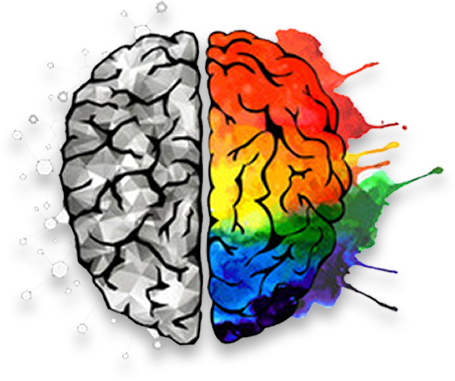
Parent & Children Testimonials
“Before enrolling at our center, Yuven had difficulties with speech. When I would try to engage him in conversation, he would simply stare at me without responding. However, after joining our program, we witnessed remarkable progress. Within just one or two months, Yuven started speaking. His vocabulary expanded from 2 words to 5 words, and eventually to 10 words. The transformation was truly remarkable, and our experience here has been incredibly positive.”
Empower your child to achieve more through Speech & Language Development!
Discover the impact of Speech & Language Development on your child’s learning and cognitive development. Take the first step by contacting us to schedule an appointment, where we can get to know you and provide insights into your child’s unique needs.
